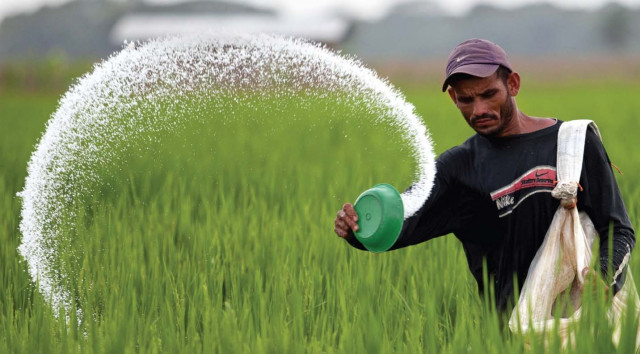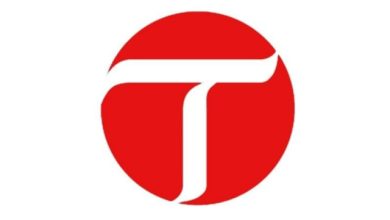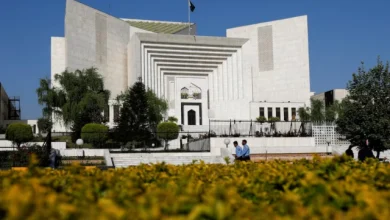ECC urges fertiliser firms to pay cess

ISLAMABAD:
The gas infrastructure development cess (GIDC) dispute is once again being debated in government circles as the Economic Coordination Committee (ECC) has urged fertiliser companies to pay the levy.
The government has to receive over Rs450 billion from different sectors on account of GIDC, imposed to build mega pipeline projects. The Supreme Court had directed all sectors to pay the cess in installments during the tenure of the previous Pakistan Tehreek-e-Insaf (PTI) government.
Fertiliser manufacturers had collected billions of rupees in GIDC from farmers but did not deposit the amount in government coffers. These companies later got stay orders from court. While discussing the allocation of gas from Mari fields and considering the assurance from fertiliser firms about not increasing urea prices, the Petroleum Division apprised the ECC in a recent meeting of the implications of the proposed pricing.
The Finance Division posed several questions including how surplus re-gasified liquefied natural gas (RLNG) would be dealt with, how fertiliser companies would be convinced to deposit the outstanding GIDC and what would be the way forward if fertiliser firms did not fully meet their commitment of not raising prices.
The Petroleum Division explained that interim steps were being considered to cope with the excess volume of RLNG whereas the GIDC issue was also being discussed to find a solution. The forum suggested that an implementation mechanism may be established for the fertiliser firms to adhere to the condition of keeping prices at existing levels. The ECC said that the inter-ministerial committee may be directed to encourage fertiliser companies to keep prices stable, in line with recommendations of the committee, headed by the deputy prime minister.
The Ministry of Energy (Petroleum Division) revealed that a summary had been sent to the deputy PM, who headed the fertiliser review committee, to ensure urea price stability in the market. A presentation on the proposed solution to ensure the supply of urea for Rabi sowing season 2025 had been given to the committee on September 16, 2025. The meeting was held under the chairmanship of the deputy PM and attended by all relevant stakeholders, including the ministers for power and climate change.
Following comprehensive deliberations, the committee endorsed proposals of the Petroleum Division and called for meeting legal and procedural formalities and sending the summary to the ECC for its decision.
Keeping in view the situation, the Petroleum Division proposed the allocation of gas to Fauji Fertiliser Co (FFC), Fauji Fertiliser Bin Qasim (merged with FFC) and Fatima Fertiliser. The gas would be supplied from Ghazij/ Shinwarz field. It was proposed to the economic decision-making body that raw gas from Ghazij/ Shinwarz would be delivered to the Mari field (delivery point). The respective fertiliser companies would install required processing facilities downstream for upgrading the raw gas to pipeline-quality gas.
These companies, according to their respective price tiers under the Fertiliser Policy 2001, may need to make estimated capital expenditure of $60-200 million on gas with high carbon dioxide content. The price of delivered gas shall be according to the applicable wellhead price as determined by the Oil and Gas Regulatory Authority (Ogra) from time to time.
For Mari-based units, the processed gas shall be made part of the existing gas supply and purchase agreement with Mari Petroleum. The respective fertiliser companies may raise and settle any issue under their respective agreements.
RLNG pricing for Engro, FFC (base plant) and FFC’s enrichment facilities shall be applied according to rates notified by Ogra. RLNG diversion based on availability shall continue.



